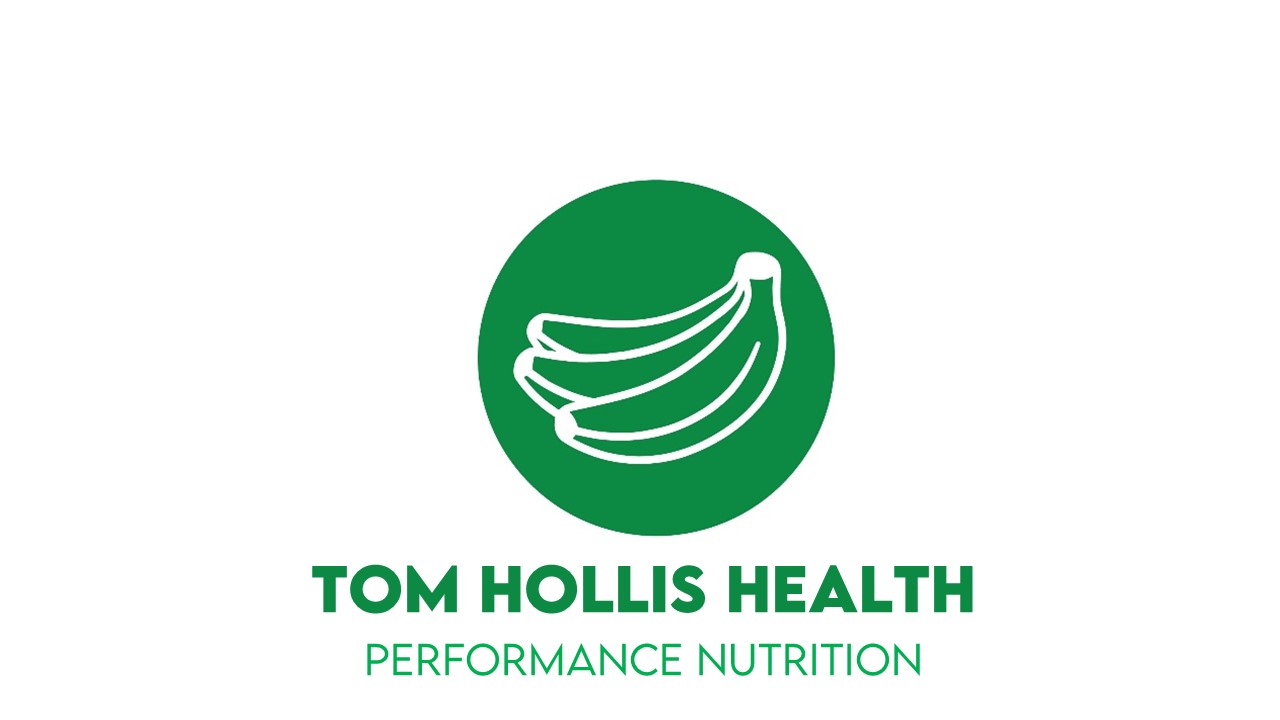Stress. Such a little word, but such a big issue. We all have our own underlying causes of stress, and our own ways of attempting to deal with it. But what seems to be pretty much universally agreed is that it is on the rise. Take a look at this NHS piece, for example, on the topic of increased stress-related hospital admissions (in this case, thought to be partly attributable to the recession).
Many of us have heard of cortisol, and may be familiar with its common moniker, ‘the stress hormone’ – a nickname owing to its increased secretion in times of stress. So what does this have to do with nutrition, you might well ask.
First and foremost, there are a couple of very well recognised nutritional impacts of elevated cortisol levels:
- Increased blood glucose levels, by virtue of two processes, gluconeogenesis (glucose production from non-carbohydrate sources) and glycogenolysis (release of glucose from stored glycogen).
- Reduced bone formation, by virtue of reduced intestinal calcium absorption and increased transportation of potassium outside of cells.
Cortisol is a steroid hormone, and as a result of the above two impacts, steroid-induced diabetes and osteoporosis are both very real and prevalent complications that require dietetic management, both resulting from long term medical steroid usage (which is a necessity in a large number of chronic conditions).
Beyond this, there are many other interesting links between cortisol and micronutrients. Another of the unwelcome effects of cortisol is a modulation, and ultimately weakening, of the immune system (which is why there is some truth in the commonly held belief that stress makes you more susceptible to illness). Cortisol also inhibits collagen synthesis – which is a key molecule in connective tissue – in muscles, skin and joints – and this may be at the root of why it is also associated with delayed wound healing. So on this basis, there could well be an argument that vitamins A, C and E, and minerals such as zinc, may be of additional importance here, due to their various roles in immune system support and collagen synthesis.
Magnesium is also known to regulate cortisol levels, and magnesium supplementation has been shown to reduce circulating cortisol levels. This may be one of the reasons why it is often thought of as the ‘relaxation mineral’ (perhaps also due to its postulated role in lowering blood pressure). There is also plenty of research to suggest that omega-3 fatty acids can reduce cortisol levels.
So it’s pretty clear that the web that links stress (and thereby cortisol) to nutrition is an intriguing, complex, and expanding one. The best way to combat the negative effects of cortisol would of course be to avoid stress altogether, but while this may be a far-fetched dream, perhaps our diets, or maybe even micronutrient supplements might prove to be the best tools we’ve got.




